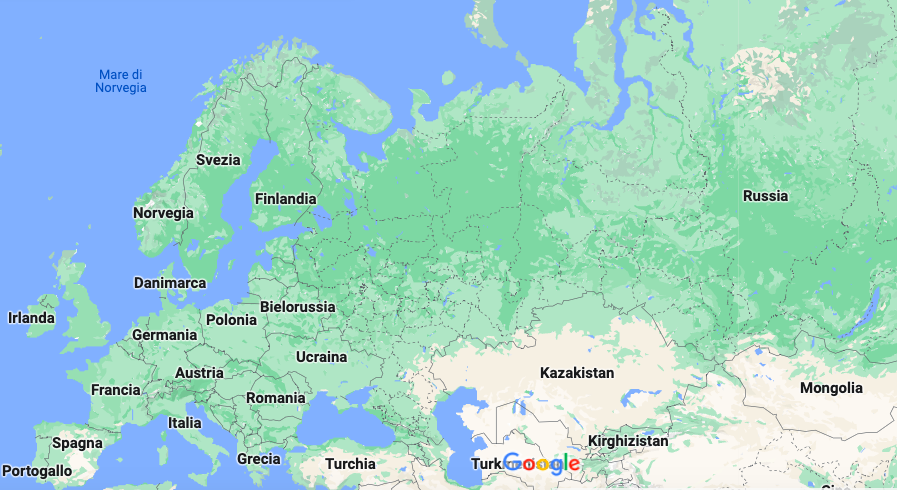The EU’s unwilling golden goose

The crisis of the European single currency is a systemic crisiswhich has been coming for some time. As long ago as 1999 the “Manifesto onUnemployment in the EuropeanUnion”written by economists Franco Modigliani, Jean Paul Fitoussi, Beniamino
Moro, Dennis Snower, Robert Solow, Alfred Steinherr and Paolo Sylos Labini drewinternational attention to the lack of employment and growth. ... This “Manifesto” is still relevant today, as is shown by the fact that at the last EU Summit in Brussels the main topics of discussion were unemployment and growth. In fact Chancellor Angela Merkel had already emphasized the importance to theWestern economies of resolving work-related problems as well as those related to growth, at the World Economic Forum in Davos. Still today Europe finds itself in the position of having to find solutions to fundamental problems.
The fact that almost 13 years later unemployment and growth are still being discussed shows that the present crisis of the euro and national debt isn’t a crisis
of individual European states (the famous PIIGS), but rather of the single currency systemitself, of the European economy and European institutions. It is certainly true that some countries are in urgent need of fundamental reforms, but let’s not forget that the two main European powers, France and Germany, also have a series of problems to resolve. ... The main problem of the EuropeanUnion then lies in theweakness of its political and economic institutions which do not have the tools to cope with an emergency situation such as it is now faced with. Chancellor AngelaMerkel who represents the biggest European economy, has for too long underestimated the present crisis,which began in 2010 in Greece. Germany was guilty of delaying dealing with this crisis for reasons connected with an internal regional election in North Rhine-Westphalia. Germany’s slowness and wavering aggravated the crisis and only later did the pro-European line promoted byWolfgang Schäuble, the German FinanceMinister, prevail.
Little has resulted from the numerous EU summits duringwhich no real decision towards a resolution of the national debt crisis has beenmade. Not until last December’s summit and then the latest one at the end of January, did a newphase in the struggle to overcome the difficulties that have hit Europe and the euro seem to have begun. Themain weapon chosen by the European leaders is the Fiscal Compact, which is to be ratified by the European states by the end of March 2013. ...
Germany, as the leading European economic force, has a guiding and leadership role in Europe that the Germans themselves do not want, but that the events of recent months and the deepening of the crisis has imposed upon them. Germany has the job of guiding
Europe past the obstacle that the crisis has become. (Leggi l'intero articolo su Longitude #14, March 2012, rivista diretta da Pialuisa Bianco)
di Ubaldo Villani-Lubelli



Buongiorno, siete un dirigente aziendale, un padre di famiglia, una madre di famiglia o meglio una persona che ha bisogno di un aiuto finanziario rapido e affidabile, dal momento che le banche e gli istituti di credito non vi concedono finanziamenti per altre questioni. Se siete seri non esitare a contattarci insieme troveremo la soluzione migliore per voi. gui.manuele@gmail.com
RispondiElimina